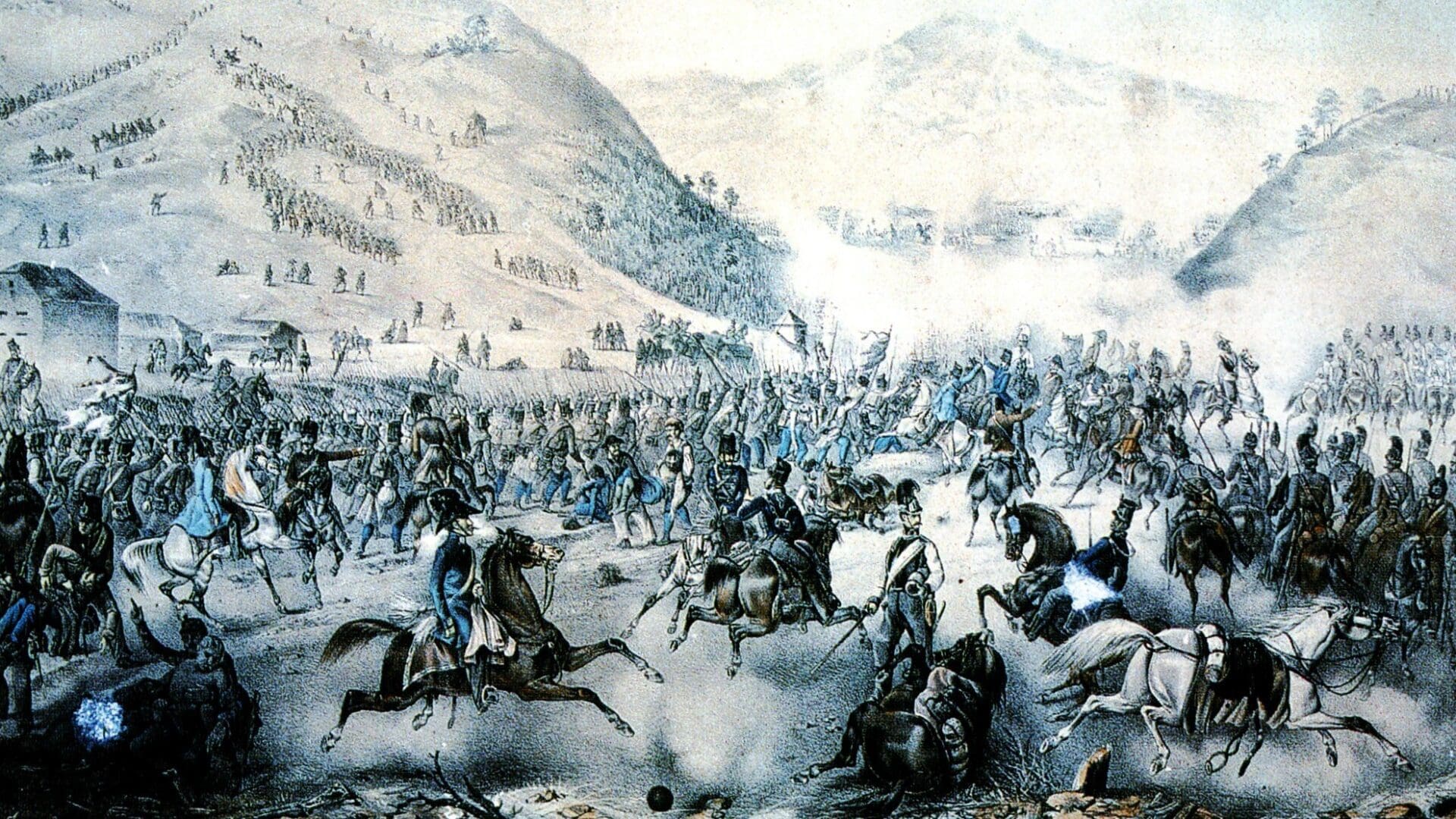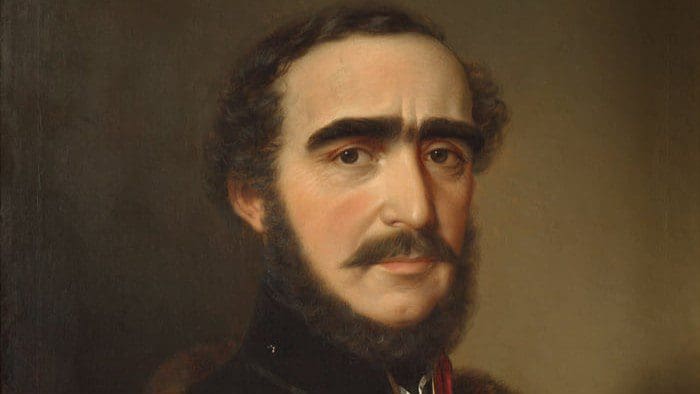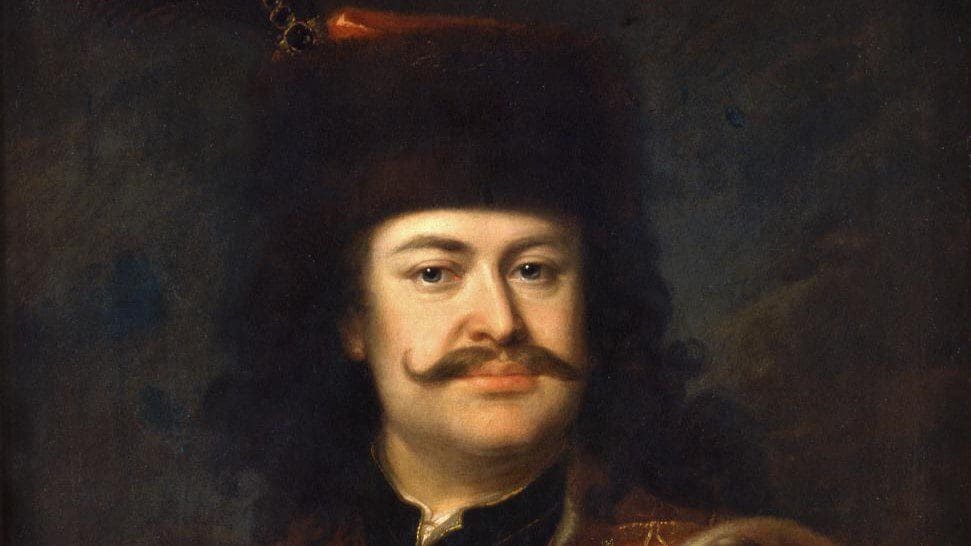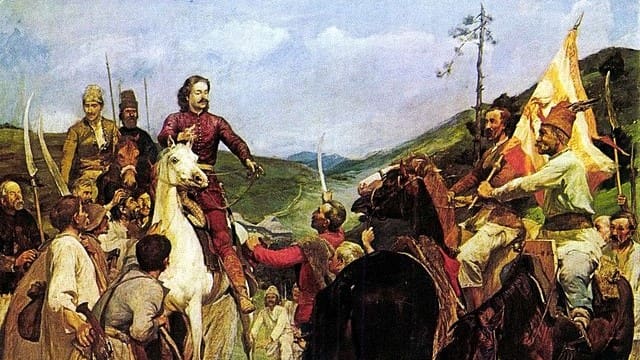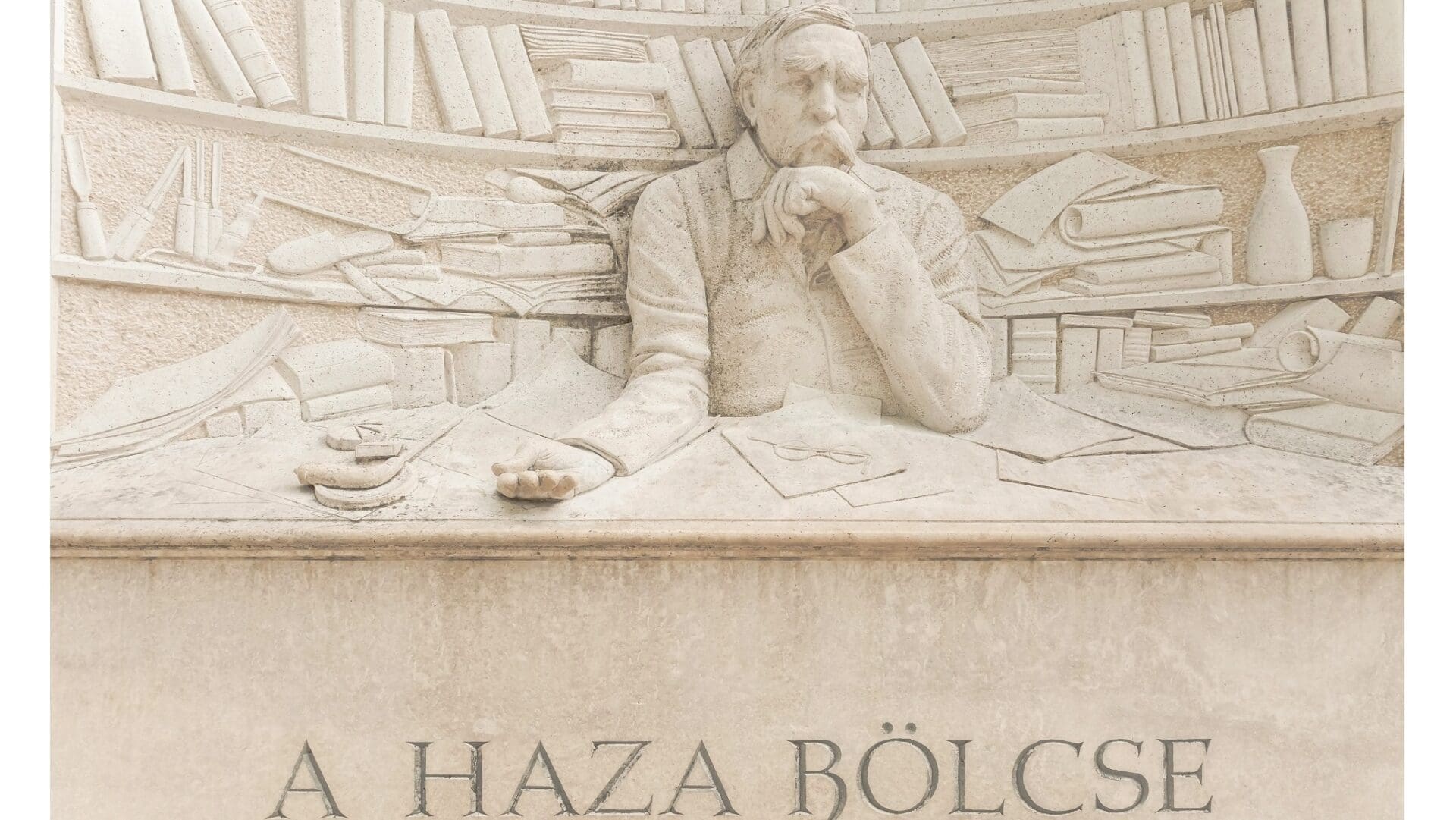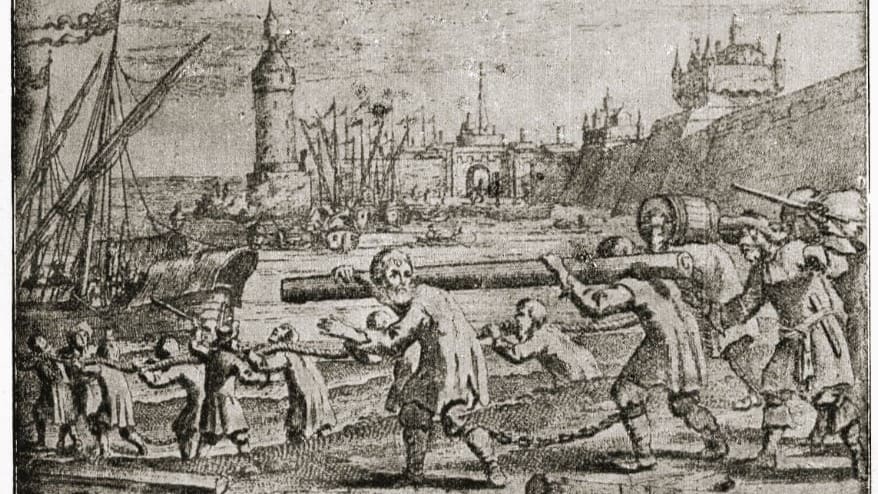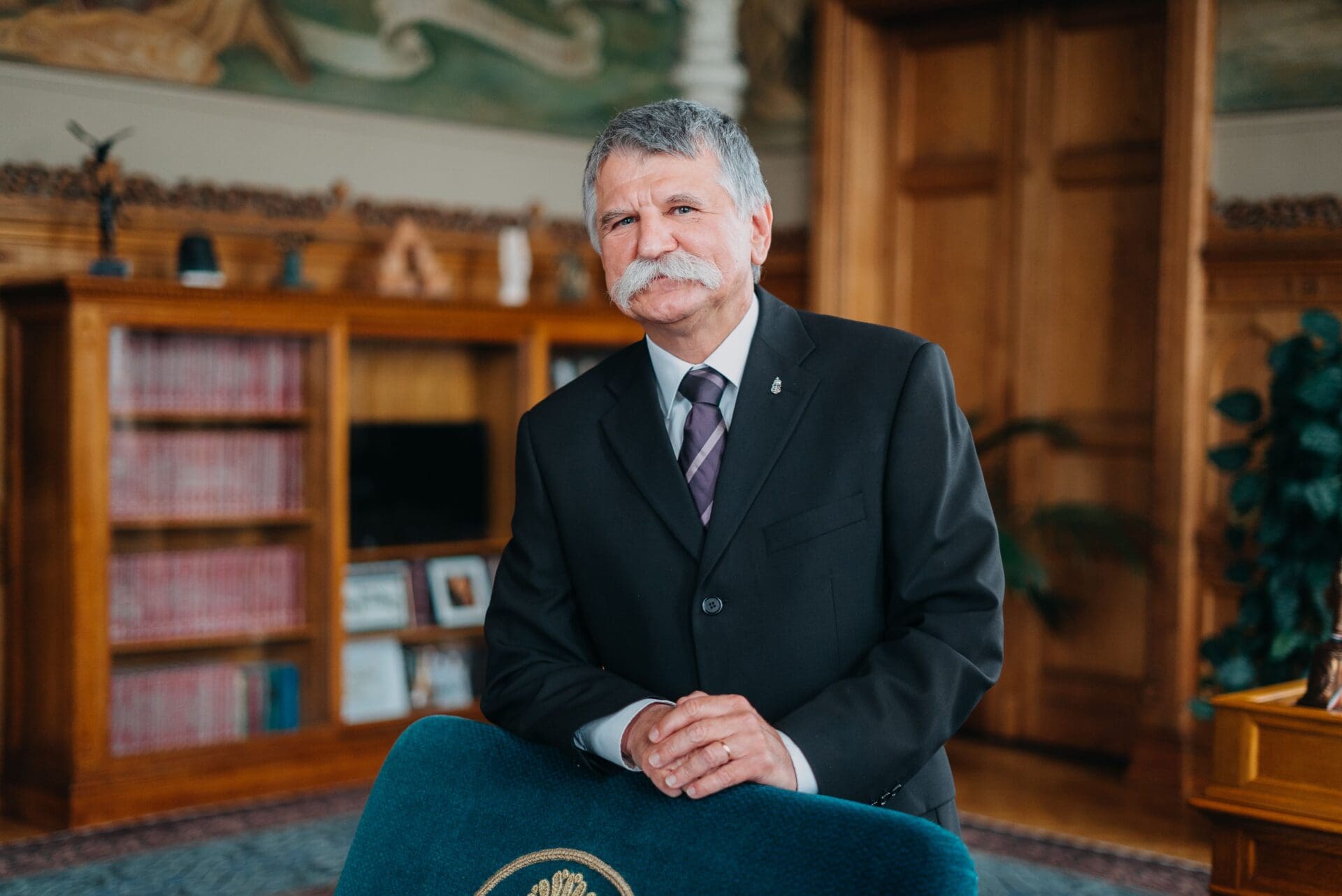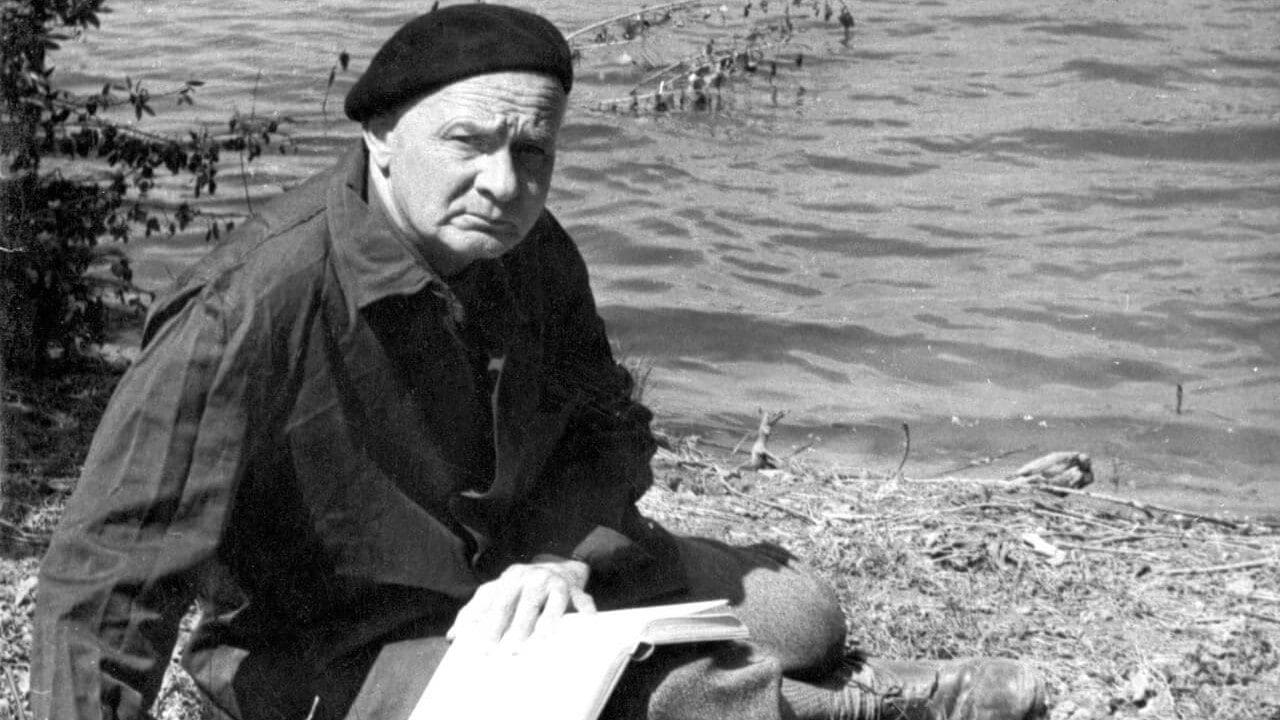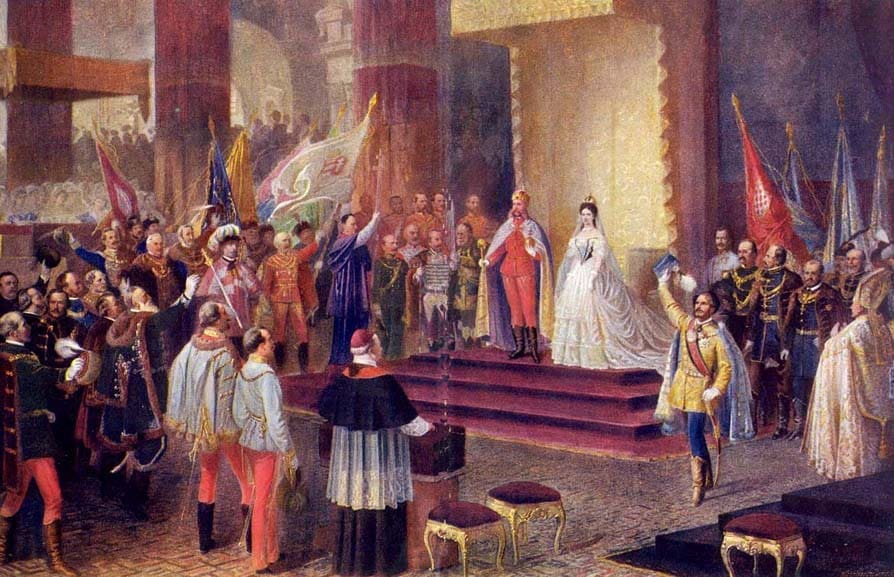
Kuruc or Labanc? Hungary’s Eternal Fault Line — Part IV
‘The kuruc were never mindless rabble-rousers, just like the labanc were never simply unpatriotic traitors. While the merits and good practices of kuruc and 49ist politicians have been been amply publicised and celebrated, the labanc side was often sidelined, and as a result, their perspectives and values are still missing from contemporary politics. It would be worth devoting more attention to the ideas of the Young Conservatives from the Era of Reform. They understood that while our interests must be unwaveringly represented and fought for, Hungary cannot stand alone in turbulent times.’

